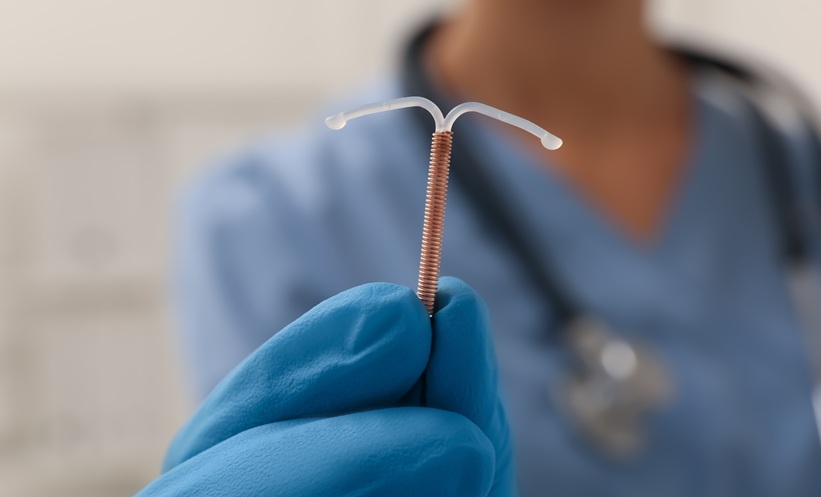A NEW study has found that paternal SARS-CoV-2 infection can alter sperm RNA and influence the mental health of offspring, leading to increased anxiety-like behaviour in mice. The research provides the first experimental evidence that COVID-19 infection in fathers—before conception—may have biological and behavioural consequences for the next generation.
Lasting impact of infection through sperm RNA
Using a mouse-adapted SARS-CoV-2 (P21) model, researchers led by Anthony J Hannan at the University of Melbourne infected adult male mice and bred them with uninfected females four weeks later, once the males were no longer contagious.
Offspring of the infected males showed significantly higher anxiety-like behaviours and transcriptomic changes in the hippocampus, the brain region involved in emotion regulation and memory. Molecular analyses revealed that the fathers’ sperm contained altered levels of small noncoding RNAs, including PIWI-interacting RNAs (piRNAs), tRNA-derived fragments, and microRNAs, all of which play key roles in gene regulation during early development.
To confirm causality, the team microinjected RNA extracted from the sperm of infected males into fertilised oocytes, which reproduced the same behavioural and molecular changes seen in naturally conceived offspring. This finding indicates that sperm RNAs mediate the transmission of COVID-19-induced effects across generations.
Implications for reproductive and mental health
“These results highlight that even transient paternal infection can have intergenerational consequences,” the authors noted. “It raises important questions about reproductive timing, long-term health, and mental well-being in populations exposed to SARS-CoV-2.”
The study underscores the broader role of paternal environmental exposures, including infection, stress, and diet, in shaping offspring development, and calls for further research into the potential human implications of COVID-19’s legacy across generations.
Reference
Kleeman EA et al. Paternal SARS-CoV-2 infection impacts sperm small noncoding RNAs and increases anxiety in offspring in a sex-dependent manner. Nat Commun. 2025;DOI: 10.1038/s41467-025-64473-0.








